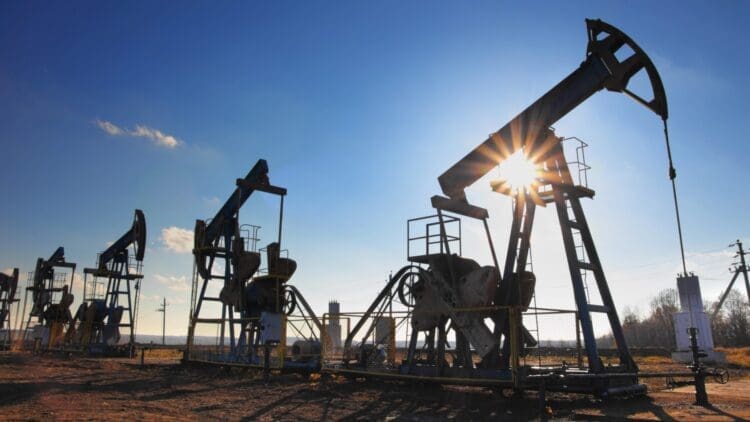With the war in Ukraine raging on with no end in sight, and many pointing out that the European reliance on Russian oil and gas has provided Moscow with the finances to continue its “special military operation,” the EU energy ministers have come together to endorse a full withdrawal from Russian oil and gas in the next two years. The new regulations provide some exemptions for landlocked countries like Slovakia and Hungary, which both still do business with the Russian energy sector.
EU energy ministers have backed the new phase-out of Russian energy supplies and contracts
When Russia invaded Ukraine back in 2022, the oil and gas prices around the world spiked to record levels, leading to long lines around gas stations as citizens tried to fill up their cars. Now, as Russia has shown no sign of backing down, or even refused to sit down with a mediator to find a peaceful resolution, the EU council has come together to accelerate the phase out of Russian energy contracts, with a few exceptions for nations with no alternative.
The EU energy ministers stated that they are supporting a complete phase-out of new energy contracts with any company vaguely associated with Russia. Crucially, they will provide a transition period for nations to find alternative forms of energy to compensate for the loss of capacity from Moscow.
The new regulations provide some exemptions for existing contracts and landlocked countries
The group of ministers noted that any existing contracts may continue to operate until June 17, 2026, with an additional extension provided for long-term contracts until 1 January 2028.
The new regulations will need to be voted on and approved by the European Parliament, but many insiders expect that to just be a formality. If they pass muster, the new regulations would require member EU states to provide documented plans demonstrating how they plan to diversify their energy supply and operate without Russian energy.
Notably, landlocked countries like Serbia and Slovakia will be allowed to continue their business with Moscow, as they have no alternative transit routes for energy resources. The Council of EU energy ministers provided a statement outlining the planned phase-out of Russian energy in all its forms.
“The same requirement to submit a national diversification plan will apply to those member states that are still importing Russian oil, with a view to discontinuing those imports by 1 January 2028” – Eu Conucil of energy ministers
Danish energy minister has praised the phase-out plan by the EU Council
Denmark’s energy minister, Mr Lars Aagaard, has noted that “an independent Europe is a safer Europe,” suggesting that the new regulations are a step in the right direction, but that “we are not there yet”. His statement has been met with praise by EU member states aiming to end the reliance on Russian energy.
Mr Aagaard noted that the EU needed to secure overwhelming support from energy ministers to fast-track the phase-out of Russian energy by the end of 2028. Denmark currently holds the rotating presidency of the Council of the EU, which enables Denmark to lead the charge for an end to business ties with Moscow. As Russia continues to do business with Asia, the phase-out in Europe may face some pushback from some nations with ties to Russian energy.
Europe may need to invest in its midstream operations to end its reliance on Russian energy
The EU member states may need to look to other regions of the world that are investing billions into midstream production as a way to learn how to become energy independent. The Ukrainian war has placed the European Union in a precarious position; it needs to cut ties with Moscow, but it also needs to continue to provide essential energy to its citizens. With the new regulations set to be voted on in the European Parliament soon, Russia is running out of time to end the war and finally make peace in the region.








